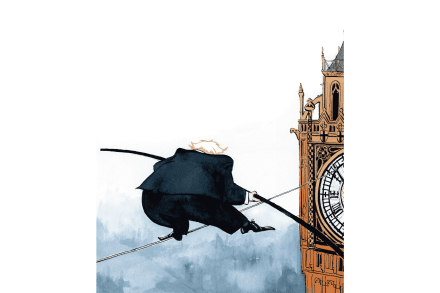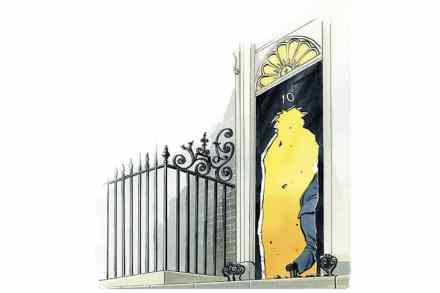What Boris needs to do to survive
Most people date the beginning of Boris Johnson’s current woes to the start of the partygate scandal, and especially to the revelations from 10 January 2022 onwards about the ‘bring your own booze’ event that Johnson himself had attended. But Johnson’s problems can also be seen as having started at an earlier date and from a different source. In mid-December Lord Frost resigned from Johnson’s Cabinet, rejecting the additional restrictions proposed in response to Omicron, a few days after Steve Baker and the Covid Recovery Group had led about 100 backbenchers in a revolt against new measures. This meant Boris felt he had to take proposals for a Christmas 2021




















